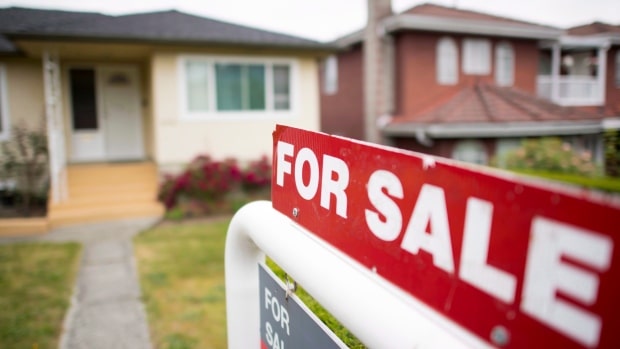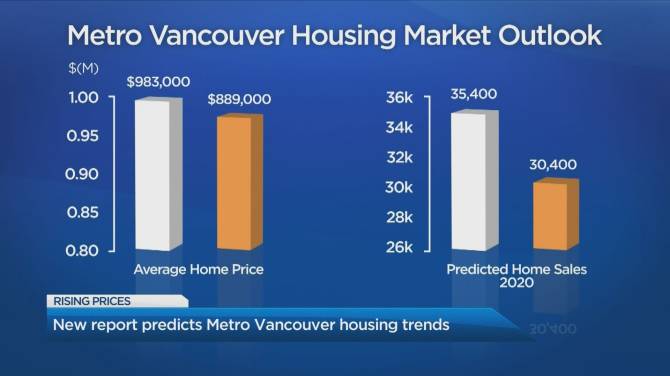DESIBUZZCanada
Events Listings
Dummy Post

International Day Of Yoga To Be Virtually Celebrated Saturday At 4pm

CANCELLED: Coronavirus Fears Kills Surrey’s Vaisakhi Day Parade

ADVERTISE WITH US: DESIBUZZCanada Is The Most Read South Asian Publication Online

SURREY LIBRARIES: Get Technology Help At Surrey Libraries

WALLY OPPAL: Surrey Police Transition Update On Feb. 26

GONE ARE THE DAYS - Feature Documentary Trailer

Technology Help At Surrey Libraries

Birding Walks

Plea Poetry/short Story : Youth Contest

International Folk Dancing Drop-in Sessions
BC Housing Markets Had A Hot Summer But How Will It Fare In The Fall?
- October 6, 2020
Meanwhile Commercial Activity Has Been Greatly Impacted By Pandemic in 2020 Q2!


The British Columbia Real Estate Association (BCREA) reported that a total of 10,172 residential unit sales were recorded by the Multiple Listing Service in August 2020 to end the summer. That’s an increase of 42.8 percent from August 2019. The average MLS residential price in BC was $771,309, a 12.7 percent increase from $684,093 recorded the previous year. Total sales dollar volume in August was $7.8 billion, a 61.1 percent increase over 2019.
By DESIBUZZCanada Staff
VANCOUVER - The British Columbia Real Estate Association (BCREA) reported that a total of 10,172 residential unit sales were recorded by the Multiple Listing Service in August 2020 to end the summer. That’s an increase of 42.8 percent from August 2019. The average MLS residential price in BC was $771,309, a 12.7 percent increase from $684,093 recorded the previous year. Total sales dollar volume in August was $7.8 billion, a 61.1 percent increase over 2019.
“Very strong provincial home sales continued in August,” said BCREA Chief Economist Brendon Ogmundson. “While pent-up demand from the spring is driving much of the increase, we anticipate a sustained strong level of sales through the fall.”
Total provincial active listings are still down more than 10 per cent year-over-year, with some markets even more under-supplied as the pandemic continues to keep listings low. As a result, prices are sharply rising around the province.
Year-to-date, BC residential sales dollar volume was up 15.8 per cent to $40.4 billion, compared with the same period in 2019. Residential unit sales were up 4.9 per cent to 53,336 units, while the average MLS residential price was up 10.4 per cent to $757,504.
While residential sales have been hot, the BCREA Commercial Leading Indicator (CLI) continued to fall in the second quarter of 2020 from 127.6 to 121.9, representing the fourth consecutive quarterly decline. It was the second largest drop in the indicator in over two decades, reflecting the hardest hit months of the pandemic in April and May. Compared to the same time last year, the index was down by 9.8 per cent.
The second quarter of 2020 saw the complete shutdown of key economic industries in BC, while employment continued to decline in manufacturing and in key real estate sectors. In contrast, the financial component had the largest positive impact on the CLI on record, as REIT prices rose and risk spreads narrowed from the previous quarter. The underlying trend in the CLI continued its downward trend into the second quarter of 2020. This suggests that going forward, the environment for commercial real estate activity in BC will continue to be weak.

BC’s economy was slowed by the pandemic in the first quarter of 2020, and by the second quarter came to a halt. Manufacturing sales of both durable and nondurable goods fell by magnitudes not seen since the great financial crisis in 2009. The decline in wholesale trade was driven by lower sales in motor vehicles, and to a lesser extent by lower sales in personal and household goods such as clothing and footwear. Meanwhile, April saw the largest monthly drop in retail sales on record, as brick-and-mortar stores were shut down for most of the second quarter. Although online sales reached new highs during this period, they were not enough to offset the decline.
Employment growth in key commercial real estate sectors such as finance, insurance, real estate and leasing was negative for the second consecutive quarter, down by about 1,700 jobs, which is notably fewer than the 13,500 jobs lost in the previous quarter. Manufacturing employment fell for the fourth consecutive quarter by about 5,170 jobs, almost three times the number of jobs lost in the previous quarter.
The CLI’s financial component was positive in the second quarter of 2020 as the market bounced back from the full meltdown in late February that sent equity markets into free fall and government bond yields plummeting.













